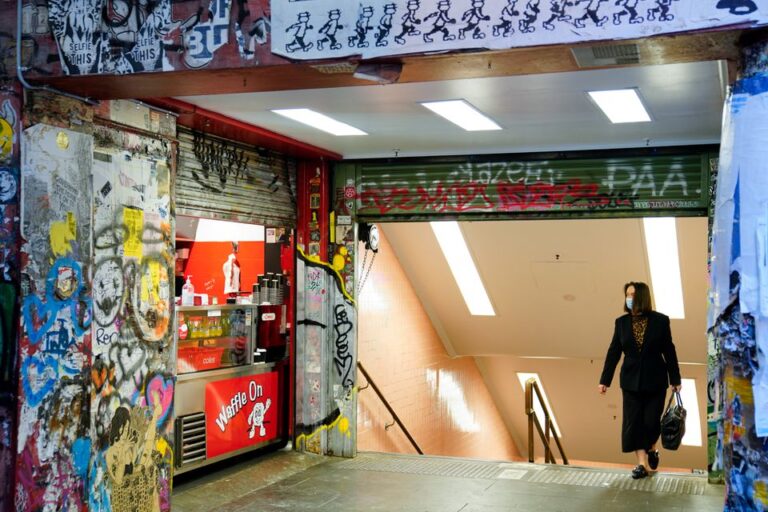
(Reuters) — Australia’s Victoria state authorities said plans to ease COVID-19 restrictions in state capital, Melbourne, this week remained “on track” as new locally acquired coronavirus cases fell on Tuesday.
Victoria, Australia’s second-most-populous state, was plunged into a snap one-week hard lockdown on May 27 to contain a virus outbreak, forcing its 7 million residents to remain home except for essential business.
The lockdown was extended in Melbourne until June 10, while some restrictions were relaxed in other regions in the state.
Two new locally acquired cases, both linked to existing clusters, were reported on Tuesday, down from 11 a day earlier.
“While we never want to see new cases, it is reassuring that we are again seeing these cases with clear links to existing outbreaks,” Victoria state Acting Premier James Merlino told reporters in Melbourne.
Merlino said contact tracers have linked the source of the highly infectious Delta virus variant to an overseas traveller who entered hotel quarantine in Melbourne on May 8.
But officials said that it was still unclear how the Delta variant was transmitted into the community and that further tests would be needed.
Though case numbers remained in single digits on almost all days through the lockdown, the emergence of the highly contagious Delta variant, first detected in India, late last week had stoked concerns of a major spike in infections.
The Delta variant has been classified by the World Health Organization as among the four COVID-19 variants of concern because of evidence that it spreads more easily, and that it most likely caused the latest devastating wave of COVID-19 in India.
Australia has fared better than many other developed countries in containing COVID-19, largely with snap lockdowns, regional border restrictions and tough social distancing rules. It has reported just under 30,200 cases and 910 deaths since the pandemic began.






